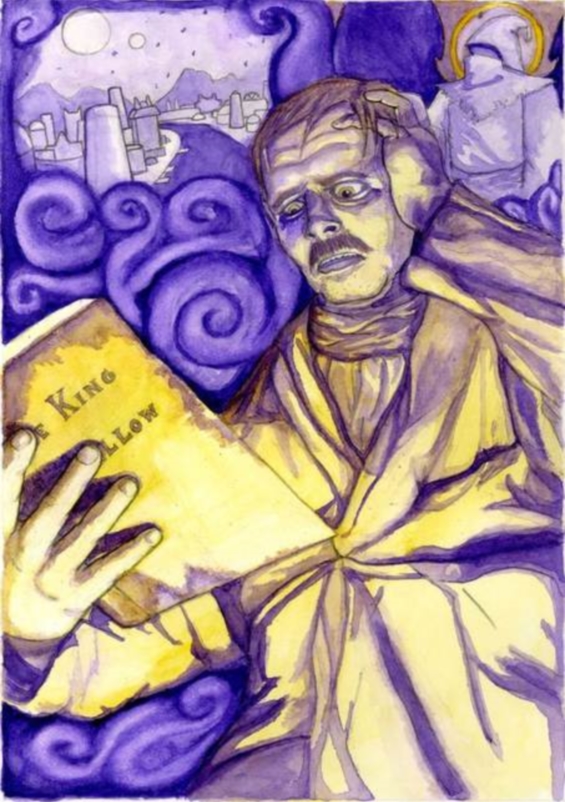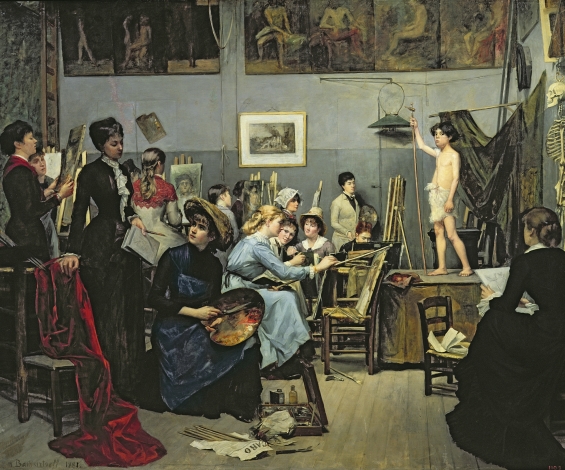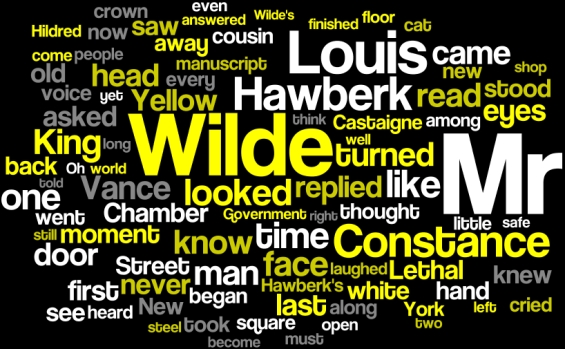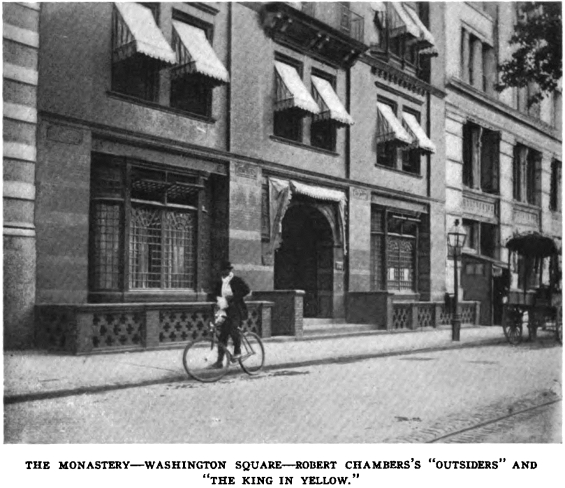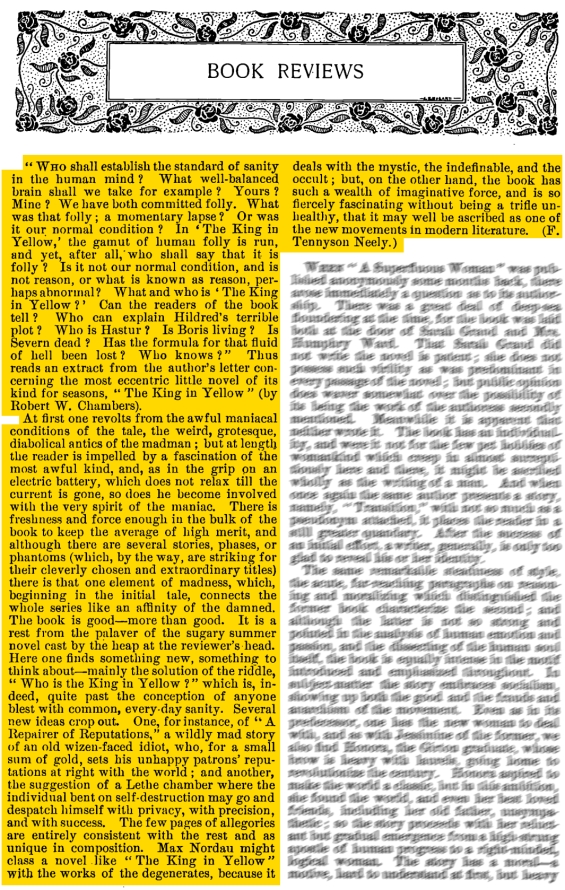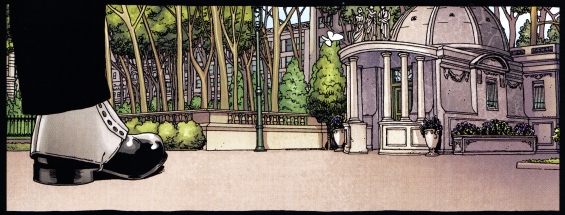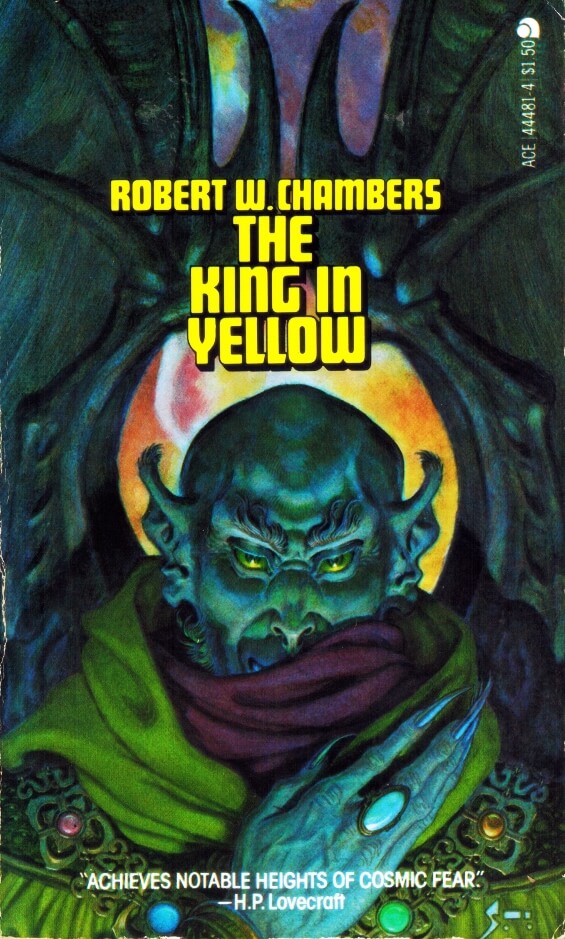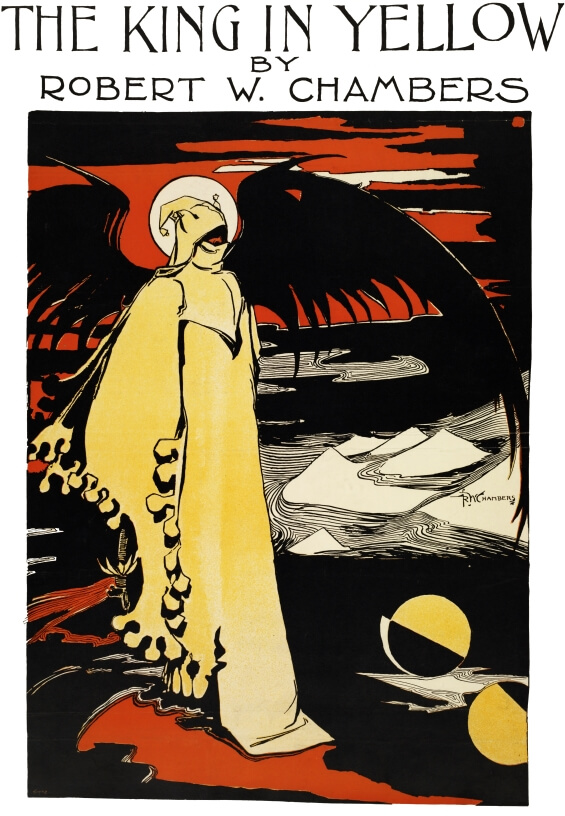 Jesse, Evan Lampe, and Terence Blake talk about Black House by Stephen King and Peter Straub
Jesse, Evan Lampe, and Terence Blake talk about Black House by Stephen King and Peter Straub
Talked about on today’s show:
blake house, a Dickens novel, 2001 novel, September 15, 625 pages, 810 pages, every cover is garbage, Gorg, the thunder five, a big sprawling novel, a horde of bees, a mysterious bee winking at us, put the bee on the crow, only revealed later, the point of view from the crow, the bee was hitching a ride until Gorg was killed, what!?, here’s our book, we’re gonna see him later, the realtime of Jack’s life, the time between the two publications, The Talisman, a co-authored book, mailed them off, 100 manuscript pages, more by email, some interview, more intertwined, King’s stories are always set when he writes them, it has to be that way, so Dark Tower connected, after the accident, there’s a lot of King in here, other than setting, Mr. Clubb And Mr. Cuff, Koko, seeing the parts that I was missing, Everything’s Eventual, another one with dinky dinky dinky, he’s penis obsessed, not only obsessed, anything low and base and childish, word magic, the magic words, the phrases from the DJ, zip up your fly, the repetition of it, a big sprawling novel, owes a lot of debts to a lot of other people, a breaker in that, a breaker in this, the breakers are defined, the first time they’re identified, that plot line, a bigness, how much repetition there was, having room to breathe, you took all of H.P. Lovecraft’s writings you could probably fit it all into this book and still have a little bit of room, this 3 file MP3 audiobook, too unweildly, go into a room soak up the furniture, a whole different kind of thing, how much this is character and setting, there’s a plot, an investigation going on, True Detective, the Crimson King, a Dreamlands place: the territories, the United States, a connection between, a shoutout to Talisman readers, a tragic death, right here and now, the catchphrase thing, keeping track of them, hit three or four times in a chapter, how magic works, words get inside your head and control your thoughts, a song, you can’t stop humming it or singing it, the Wikipedia entry, dark fantasy, horror, things that should be horrific, a chapter told from the point of view of The Raven by Poe, Cool Air, The Facts in the Case of M. Valdemar, black dripping goo, wonderfully heroic, horrific but not horror, gross out, the horror version of the hero’s journey, not noir fiction, the end of True Detective is hopeful, Rust, every word stolen, a vision of his daughter and love, maybe things are not so bad, the whole show itself is about horror, children being kidnapped, molested, and killed, thinking of themselves as royal, a queen, what makes her a queen, you call your daughter a princess, the skygod, the last living person in the entourage, adjacency, they have monarchy in the territories, the guy’s name is Stephen King, Kingsland Ale, strawberry fest, Strawberry Spring, Fish, the plot is very similar, a historical serial killer being called out, an amateur investigation, hiding the truth, press conference, Nic Pizzolatto, cop stuff, go visit an insane asylum, a prison, a weird house in the , we lie at the press confrence, we lie to our bosses, hides in the closet, why is this happening?, because it’s cool, that’s why, opopanax, New York Times crossword, a summoning word, really interesting, very Lovecraftian, the creation of the secondary world, cannibal, The Silver Key connection, Lovecraft is against memory, you need to start remembering, closer thematically, Through The Gates Of The Silver Key, objecting to the form, short stories are tight, sprawl out and enjoy himself, he’s mortal he has to do the work, Evan enjoys every minute, Jesse doesn’t, Terence enjoyed it a lot, despite the fact that the form is very funny, like a funnel, wide and slow and fast and tight at the end, deus ex machina after deus ex machina, the detective story is resolved by the cosmic background, stop suppressing, Evan always says: “it goes down smooth”, Thunder Five quote Hegel and Derrida, Neil Gaiman’s American Gods, he’s also in love with the landscape there, out of the country, London, King is obsessed with Maine, Straub liked Wisconsin, writers think about the landscape, when walking to get the mail, the lore of the landscape, TV shows, exotic location, anywhere other than New York or Los Angeles, Breaking Bad, Tulsa King, that sense of place, lovingly rendered, a good sense of the landscape, the other thing: character, Frank Muller, before his motorcycle accident, 22 years old, he goes down smooth, solid narrator, a conspiratorial sort of reading, is our DJ character supposed to be black?, cool, nice suits, how did he get his sense of style, interview with the agent, his own voice back to him about what the weather’s like, the magical blackman, at the old folks home, the n word is involved, wigger, Stephen King would revise that now, really?, the Bill Hodges trilogy, Mr. Mercedes, also a tv show, they’re all tv shows, the Duffer Bros., Netflix ripoff show, Dungeons & Dragons show, entertaining book, the psychology is off, the king and the queen, the cop psychology, our hero cop from California, he’s the kid, he grew up, forgot everything, fate moves him back to Wisconsin to be magical again, the astonishing thing, all the child coveting, coveting body parts, I’m going to eat your ass, it’s going to be delicious, he is a demon, so weird, a cartoonish type demon, there’s a level of humour or comforting cuteness, pseudo Germanic accent, fake British accent at the end, It just eats children, molesting?, raping?, likes killing children, a pedophile child murderer, I could have raped her, Albert Fish was a real dude, it was political, the governor and a senator, connected to church affiliated schools, funneling, Katrina comes and washes away stuff, if this could be adapted the tone would be really weird, a lot of coziness, the bikers are fun, the visit to the madhouse, comforting, getting the team together, kid gets abducted, the black feathers, the guts in the box, those Reardon Metal movies, Ayn Rand devotees, this can’t be adapted can it?, it is The King In Yellow, you’re in Carcosa now, take off your mask, time to unmask, a very very loose adaptation, as a part of a series?, Mike Flanagan, novel only, not everything has to be adapted, overlook hotel book: The Shining, internal, visuals happening in the book, cozy feeling based stuff that only comes through the minds of characters, The Raven scene, quoting while the assault is happening, Cool Air on the couch, black stuff coming out of every pore, [Mesmeric Revelation], Roland’s world, wherever they took Tyler, in another world, the multiverse before it was cool, bronze age marvel comics, William James, it was not cool then ever, latest Flash movie, different Batmans, move on, copisman, one of these phrases that infects the brain, policeman copisman makes perfect sense, personal identity magic, a baby word, very baby like book, lady sticks her tongue into a cup to drink, licking her tea, that’s super creepy, like the Dalai Lama, a policeman who uses his childhood innocence to understand, a childish book, capiche, Plato’s Republic, the silver are the cops, we’ve got a queen, there’s not a lot of contempt for everyone else, weirdos or good, the biker gang, they look rough, but they hold degrees in philosophy and one of them is a surgeon, Derry had slippage, French Landing is not as corrupted, Wendell Green, some fairly nasty characters, cynical not particularly evil, how Stephen King’s mind works, reading his stuff, lying to himself or blinding himself, something going on with twitter, an old magazine called Pirate Writings, going to find Stephen King, his small town in Maine, between the airport and the army base, a dark glass, press the button and state your name, is this Stephen King’s office, is he here?, I’m one of three secretaries he has, this is what you have to deal with when you have weirdos who want to meet you, meet your hero, Dean Koontz level, just these two, what Straub contributed, Jesse doesn’t have a good reading on this book, deeper, a bad reading of The Raven by Poe, it’s a vulture, shorn or shaven, turkey vulture, the Raven is what we’re supposed to take away from it, people memorize it and then don’t listen to the words that they’ve memorized, the house, the lights, the explanation, the talisman to assault the house, it may fit into a different puzzle piece, worst, the house is on fire, fire imagery, the room is filling with smoke, an amazing poem, people read it superficially, Roger Zelazny’s A Night In Lonesome October, sometimes an artist will crop the top so you can’t see the bird’s head, a heroes journey, not the ideal reader, least favourite Stephen King book, how many books he writes, doing it for 50 years, first 3 of the Dark Tower, The Gunslinger, The Drawing Of The Three, The Wastelands, The Stand, Cycle Of The Werewolf, The Dark Half, Blaze, Revival, the least interesting, more of a cozy, supposed to be horrific, Twin Peaks, demon from another dimension, the Black Lodge and the White Lodge, very robust (even though it is flimsy), what differentiates him from David Lynch, King gets ordinary people, Frost, what Stephen King prides himself on, a lot of dinky stuff, penis and poo poo, two modes, adult prude mode, how much poo poo pee pee stuff, Salem’s Lot, scummy and bad, cop judgement, I gotta keep this people in control otherwise…, groups or societies, family, groups that are made, The Mist, Fred, Alice, Dale, pee and poo people, a mischaracterization, the people trapped in the supermarket, a mass hysteria, sacrifice a child, a normal common thing to do, contrasted with the father, cheating on his wife, at the end he lucks in to not killing his kid, the hard Darabont ending, the implied ending, uncharitable, he thinks the people are base, only and always base, the journalist Wendel Green, a Heinleinian style strawman, seeks consolation with Sophie, more juicy, we as writers are sensationalistic, you’re prurient (as readers), we want a lot of poo poo pee pee stuff, Dirty Sperm, if you get in somebody’s car and they put on Dirty Sperm, regular dirty sperm, that could be Straub, must be King, bad to separate, split brains and personality, a work of fiction, presented as if it was by one guy, one guy with two heads comes into the bar and punches you in the face, they’re both getting charged with a crime, they’re both being charged with assault, they’re both being arrested, even though only one of the heads controlled that arm, a good joke, the double headed parrot, they’ve built it into the story, back to the Dirty Sperm, the Wisconsin Rat, George Rathman, gives into the blackmail, now I’m getting the psychology, interested in audio, a good book by itself, this is a big sprawling chunky book, can’t forget Beezer, Doc, Jack, Dale, Henry, Bernie, that’s a lot, not that bad for a Stephen King, actively dislike, Finders Keepers, a production machine, From A Buick 8, a little bit of cellphone stuff, Cell, the kids at the 7-11, a scene out of The Simpsons, buying Magic [the Gathering] Cards, he needs to show he’s relevant and hip to the immediate moment, the racism is the wrong period, early 80s racism, Stephen King always brings his own childhood, the magic of this book, it’s not integrated, baseball cards, collecting baseball cards, baseball cards are out, Gulf War cards, 1991, kids from an earlier period of time transported to the modern period, riding their bikes around, small town Wisconsin, border of somewhere else, French Creek?, fictionalized of Trempealeau, Wisconsin, Becky Thatcher country, set on the Mississippi, partially the same timer period, 2002, the 1990s, 2012, the landscape, a sense of the land is cursed and sick, ill, or mentally ill, or crippled, idyllic, small town, drug epidemic, suicides, the strange part is the children going missing, a much more optimistic view of child murder and abduction, an amazing novel for television, a good book, arguing about Blaze, looking for the political stuff, it’s not in here, Terence wonders, not directly, things are exploding in France right now, pillaging main street shops, clothes shops, lots of burning, six years, things are burning all the time, riots, forest fires, neoliberalism, the shock doctrine, to exploit, more and more advantages for the richest, more and more authoritarian surveillance for the poor, a good reason to begin with, mass discontent, the burning just likes burning, burning is good, tendency in the human psyche and the social world, King’s baseline politics, watch out for the mob, neoliberals provoke burnings, shitliberal not a neoliberal, a shitliberal will support neoliberal policies, using the children’s energy, really really sublimated politics, very sublimated, a straw of hope, put him on the wrong path, a tragedy, subject to I need a bad guy, eating children’s asses, studied up on Fish, absolute evil character, a callback, the villain of absolute evil, not in Bachman, the supernatural, supernatural villains, should I be happy about France being on fire?, people shouldn’t take shit, including good things, schools can be burned, libraries should be preserved, Under The dome, The Long Walk, societies rules, The Running Man, the best of the Bachmans, somebody’s going to pay, the mob is just society driven insane, the community of friends, a common purpose, both good and bad, sometimes people get hurt, in the long run, do people in France yearn for the days of King Louis?, Macron, get over the reality, nobody is calling for the tsar to return, a needed and necessary thing, pulling a bandage off, short term vs. long term, the French are supposed to be Cartesian and bureaucratic, they just do that when they want to piss people off, they have in their hearts the revolution, “don’t obey the rules”, people are not obeying the rules, he claims to be disruptive, the textual example, the lynching that was avoided, the magic lilies, nice and Jesus like, that’s his position, upshot, rewatch True Detective, Amazing when it was happening, The King In Yellow, the stories themselves are sort of a collage, that’s just an artist, a time travel story, an artist, the magic can be explained wholly by having drug flashbacks, the lore of Robert W. Chambers, Carcosa, California, wherever that could be, forgotten parts of Louisiana, cover-ups, corruption, the cost is real to the characters, addiction, pain, HBO shows that were big since The Sopranos, Six Feet Under, Dark Tower stuff, how would Straub have felt about that?, to learn about the Dark Tower and the Crimson King, the breakers and stuff, figuring it out?, realizing, I’ve made something here, H.P. Lovecraft, he’s right, August Derleth, Carrie, and other books with The Shining stuff, fans doing that more than he did, Deep Ones, servants of Cthulhu, no, he likes those things, so good, so smart, how big the villain is, the corruption of the whole state, the school system, everything seems involved, a little underwhelming, a sewer, a fort, an offshoot of the family, a big tough guy, fucking his half-sister, eventually dispatched, one of the news reports, magic baseball bat, archaeology to dig up corpses, reports have been discredited, the police captain they threaten to murder, he’s complicit, he just didn’t question his boss and he got a promotion, literally a Lawnmower Man, the worst thing for the kids, a lot of cool themes, societal themes, the washing away by whatever storms it is, wrecking birth records, all these homes, a strange series of shots where we visits all the scenes, how we’re feeling, the corruption is still there, [Port Coquitlam], Robert Pickton, this was going on for decades, they don’t do anything, unless there’s political pressure, they will respond to specific incidents, they’re not the smartest or wisest or best people, they’re just the guys with guns and authority, sees a baby in a microwave, the cops in here are all doing their best, I’m a good guy, it covers ignorance, he uses the magic, it’s not a police procedural, the solution is handed to him on a platter, it’s cosmic, man, we did this book pretty good, 26 hours, one of his best, very character, good character things, reading for character, the narrative style, floating around, flying over the landscape, I’m going to show you the dead kid now, hesitating, we, us, the shitty cover of the book, we this and us this, us the reader?, us the narrator?, it’s everything, deconstructed, pleasantly surprised, more horror, more utilitarian, the prose is good, not a girl book, hard to describe, so well written, not really earned, intelligent as well, The Talisman, standalones, The Troop, a guy who is trying to be like Stephen King, a gross-out horror body horror book, eat each other, kill a turtle, zombies, Canadian government is going to nuke them, imitation Stephen King, the writing is more authentic, detective reading has been deconstructed, Fairy Tale by Stephen King, the hardcover is full of illustrations, the paperback, demand good interior illustrations, The Colorado Kid, Hard Case Crime, talking with old-timers, an old case, the mystery of who the person is, the revised version has interior illustrations, an investigative journalist, was it a mob killing from Boston?, physical evidence, leaving only impossibilities, Charles Ardai introduction, not part of the Dark Tower series, maybe Jesse doesn’t like magic, a little bit like Heinlein, Heinlein if the guy offends you, strawmanning, libertarian vigilante, Heinlein would be good with making out with a mental patients, competent ladies, wish they were born men, how much time it took, 1.3 x speed, taken up by it, rolls along, Progeny will be relaxing, Connor is back on twitter, bitcoin shillers, twitter is still broken, Evan must read like a reading machine, another flu, sense of taste changing, a wasted week, retired for the summer, except for the classes on psychology, Pirates Of Venus, A Meeting With Medusa, No Man’s Land, Zero Cool, God Save The Mark, Huston, Houston, Do You Read?, Skull Face, good writer, bad person, shitlib, not the end of the world, how many Stephen King books don’t get audiobooks?, when he does Hard Case Crime, they’re so stupid, TV and movies have the visual thing locked down, Paramount production?, the first Heinlein juvie, Red Planet?, Saturday Evening Post stories, Rocket Ship Galileo is the worst, Space Cadet, about nukes and what to do about them, Farmer In The Sky, some doofus on twitter called it a blah book, how dare you, they’re all pretty good, The Shining, more of a novel, all of Stephen King now, a lot of reading, reading Heinlein back to back is a mistake, The Star Beast, Starman Jones, Time For The Stars, Podkayne Of Mars, a lot of downloads, most people don’t read Heinlein they read a couple of titles, Black Mirror, emphasizing The Moon Is A Harsh Mistress, line marriage, physical fleshy bodies, sounds fun, a bunch of hippies, destroy the robot, Pinkman from Breaking Bad, jealousy has to get involved, very American for a British guy, he likes art, he reads, more of an actual human being, prep her for the line-marriage, sometimes good, burned out by one episode, simulation being a lifeform, sixy times, Charlie Brooker, Hang The DJ, authors have their themes, can I do a new spin on this old idea?, yes I can, some classic episodes, robot with a knife, dogs, 15 Million Merits, Striking Vipers, the prime minister of the UK has to fuck a pig, White Bear, 2011, Joan Was Awful, Bandersnatch, we should probably download these before they’re removed from Netflix, we couldn’t afford to keep the servers running, PirateBay is still unkillable, 1337x, ettv.
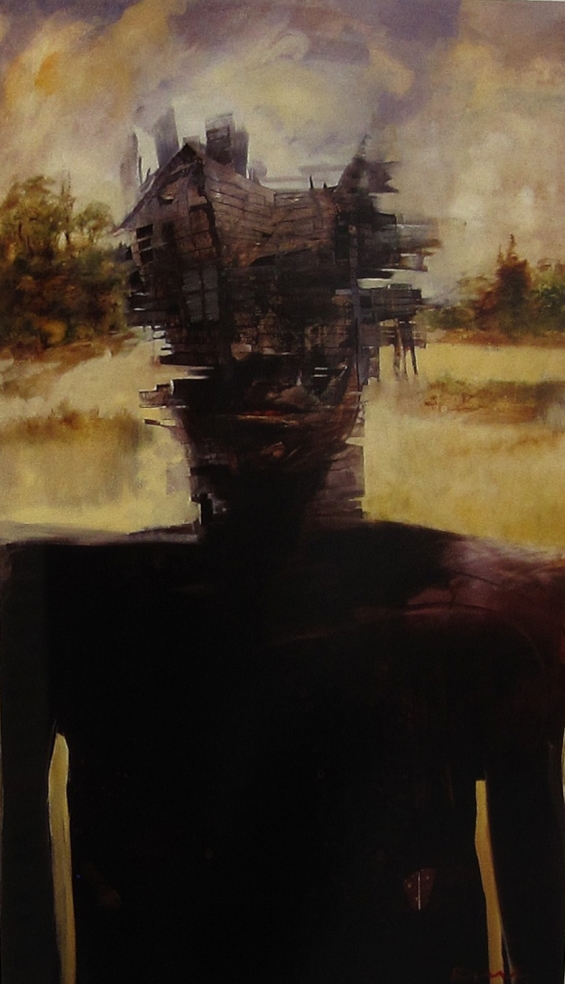
Posted by Jesse WillisBecome a Patron!


